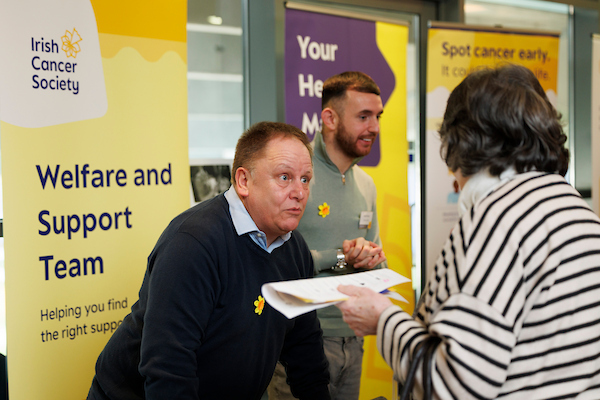Planning ahead
Many people find it puts their mind at rest to sort out medical, legal and practical matters, even though they still hope to live for a long time.
Many people find it puts their mind at rest to have medical plans in place and sort out legal and practical matters, even though they still hope to live for a long time.
Planning ahead is useful for everyone, whether they have an illness or not.
What’s involved in planning ahead?
- Thinking about how you feel about different types of medical treatment, including if you want to stop treatment at any stage or carry on for as long as possible.
- Writing an advance care directive. This is where you can write down your wishes about your medical care. Doctors can use this if you are not well enough to say what you want.
- Picking someone to make medical decisions for you if you're not well enough to decide (this person is called your ‘patient-designated healthcare representative’).
- Making a will.
- Thinking about any preferences you have about the end of your life, such as whether you prefer to stay at home, or if you think you would like to stay in a hospital or hospice.
- Talking to your family, friends, carers and healthcare providers about what you want.
Help with planning ahead
Think Ahead pack
Think Ahead is an advanced care and end-of-life planning pack with different sections and easy-to-read forms. You can fill in your personal, medical, financial and legal information and preferences. It’s available from the Irish Hospice Foundation.
Related links



Talk to a Cancer Nurse

Support Line
Our Daffodil Centres

